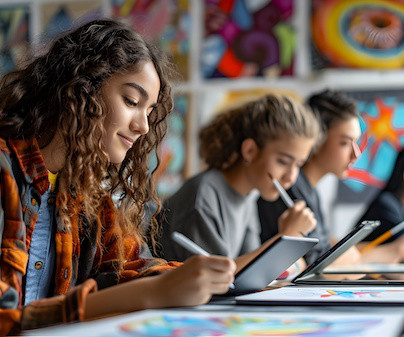Teaching With Technology in Higher Ed? Start With Relationship-Building.
Edsurge
JANUARY 2, 2019
The narrative I often hear centers on how students may resist active learning approaches, a teaching style that often (but not always) is predicated on some technology. The idea that the social environment we create (or don’t create) impacts the learning experience is sadly too new a concept in college teaching.













Let's personalize your content